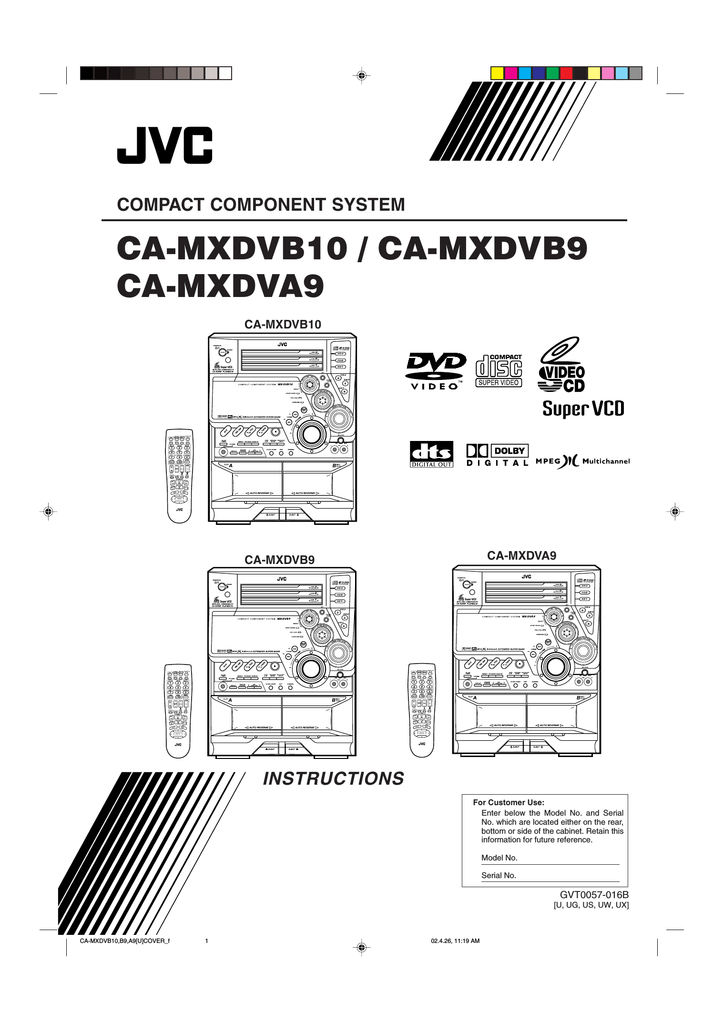Performs basic spectroscopy functions including absorbance, transmission and emission
The HL-2000 family of visible and near-infrared light sources offers diverse models and performance characteristics to match your measurements. From high-power to long lifetime, the HL-2000 family provides flexibility for your lab for measurements between 360-2400 nm. This Ocean Optics LS-1 Tungsten Halogen Light Source is used and in excellent condition. This unit includes an AC adapter, a spectral analysis, and Accessory FCBARREL, which is a 0.25 inch diameter barrel to accommodate optical fibers with FC terminations. This version of the USB4000 Fiber Optic Spectrometer Installation and Operation Manual adds the USB-ADP-BB adapter for the Breakout Box. Document Summary Chapter Description Chapter 1: Introduction Contains descriptive information about the USB4000 Spectrometer.
Ocean Optics has expanded its software offerings with the launch of Overture, a free spectrometer operating platform for simple data and spectral collection. This more basic software is geared to users new to spectroscopy or those who do not require the more advanced features of Ocean Optics' sophisticated SpectraSuite software.
For use with most all Ocean Optics spectrometers, Overture's standard functions include absorbance, transmission and intensity modes. Integration time and other spectrometer operating parameters are controlled via an intuitive user interface with icons and setup wizards. The 32-/64-bit Windows compatible system allows users to manipulate how data is displayed using tools such as smoothing, snapshot and zoom, and permits simultaneous viewing of two graphs for comparison. A concentration wizard guides users through the process of measuring solutions absorbance at different concentrations, plotting a calibration curve and applying Beer-Lambert law to determine unknown concentrations.
Overture now comes standard with most Ocean Optics spectrometer purchases. Current spectrometer owners may download a free copy of Overture at http://www.oceanoptics.com/Products/overture.asp.
About Ocean Optics
Headquartered in Dunedin, Fla., Ocean Optics is a leading supplier of solutions for optical sensing – fundamental methods of measuring and interpreting the interaction of light with matter. With locations in Asia and Europe, the company has sold more than 150,000 spectrometers worldwide since 1992. Ocean Optics' extensive line of complementary technologies includes chemical sensors, analytical instrumentation, optical fibers, metrology products and optics. The company is a subsidiary of Halma p.l.c., an international market leader in safety, health and sensor technology. For more information, visit www.OceanOptics.com.
SOURCE: Ocean Optics
www.oceanoptics.com
info@oceanoptics.com
US +1 727-733-2447
Europe +31 26 3190500
Asia +86-21-6295-6600
The bluLoop is a compact, LED-based source with balanced spectral output across the
Visible (400-700 nm) range. When coupled to a miniature spectrometer, fibers and
sampling accessories, bluLoop is ideal for color and reflectance measurements and
general-purpose VIS-NIR spectroscopy.
bluLoop has four LEDs for balancing of the spectral output. It delivers higher reliability
of estimated color values, has low heat consumption and has a longer lifetime than
typical halogen sources.
Features
• 4 individual LEDs allow
balancing of spectral output
•
Higher reliability of
estimated color values
•
Low heat consumption
•
Ocean Optics Blueloop Light Source Users Manual Free
LED lifetime longer than
halogen sources
Typical Applications
• General purpose VIS-NIR
spectroscopy
• Color and reflectance
measurements
• Applications requiring
balanced VIS output
Wavelength
range:
395-750 nm


Time to
stabilize:
15 minutes
Bulb lifetime:
>10,000
hours
Stability:
0.25%
Drift:
<0.3% per
hour
Learn more online at
oceanoptics.com/bluloop
At a Glance

Contact an Ocean Optics Application Scientist for details and pricing.
oceanoptics.com/bluloop
bluLoop Multi-LED Light Source
Rela
tiv
e I
nt
ensit
y in C
Light Source Definition
oun
ts
Wavelength (nm)
blueLoop Compared with Visible Sources